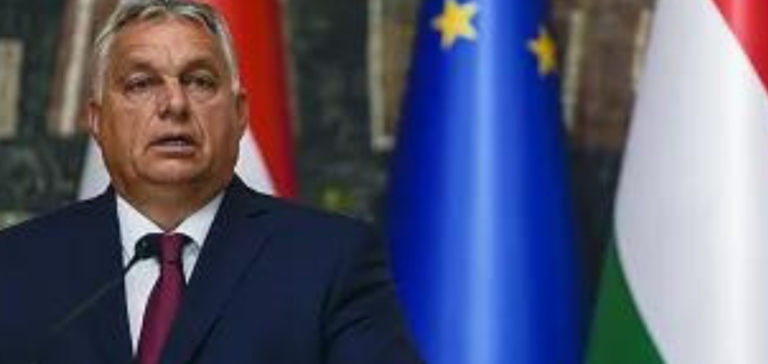The European Union has taken an important step in its financial relations with Hungary by approving a 900 million euro advance on the country’s recovery plan. This decision, announced by the European Commission, highlights Hungary’s ongoing challenges in terms of state law and asylum policy.
Viktor Orban and the Conflict with the EU
Hungary’s Prime Minister, Viktor Orban, is at the heart of this complex situation. His alleged attempt to block European aid to Ukraine in order to obtain European funds for his country has drawn fierce criticism. The nationalist leader is also at odds with Brussels on a number of issues, including state law. Orban recently launched a national consultation, marked by a campaign ostensibly hostile to the European Commission.
EU conditions for the Hungarian Recovery Plan
The Commission’s decision to increase Hungary’s stimulus package to €10.4 billion comes against the backdrop of an energy crisis exacerbated by the conflict in Ukraine. The European Commission has stressed the urgent need to provide Hungary with the liquidity it needs to tackle the crisis. However, distribution of the remaining funds remains conditional. Hungary must meet 27 “super milestones” set by the Commission, focusing on the independence of the judiciary, the fight against corruption and the regulation of public procurement. Any financial advance is therefore conditional on compliance with these criteria.
EU Cohesion Funds frozen
In addition, the European Commission has frozen around €22 billion in cohesion funds earmarked for Hungary. These funds are suspended until the country achieves reforms aimed at improving the independence of the judiciary, the rights of LGBT+ people, and the academic autonomy of universities. Despite recent reforms aimed at improving the independence of the Hungarian judicial system, the Commission remains cautious and insists on full compliance with the established conditions.
This complex financial development underlines the delicate nature of relations between the EU and Hungary. As Hungary seeks to navigate the tumultuous waters of European politics and the energy crisis, the European Union maintains a firm stance on the principles of the rule of law and democratic governance.
The financial agreement between the EU and Hungary, marked by conditional advances, reflects the persistent tension surrounding democratic standards and governance.





















